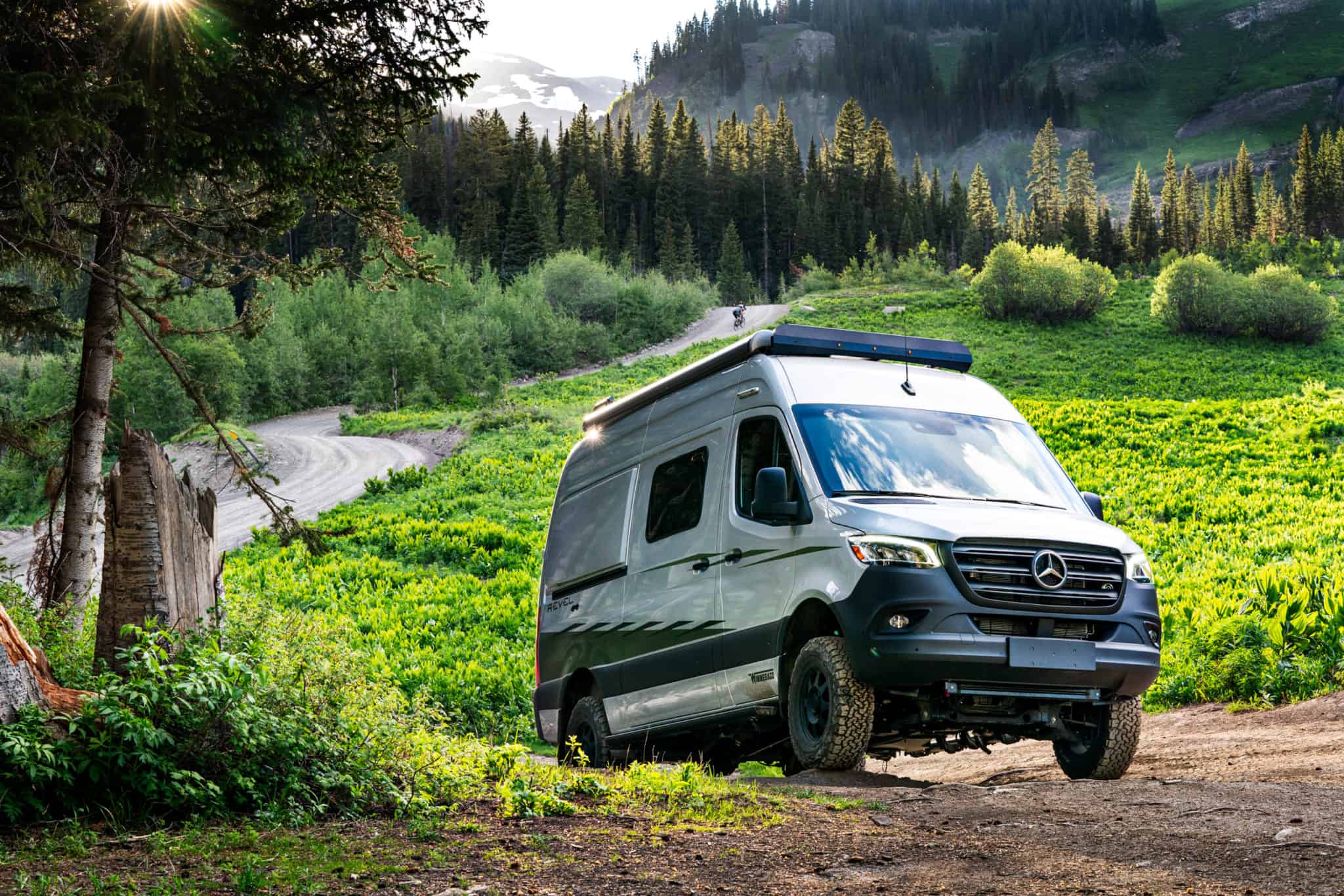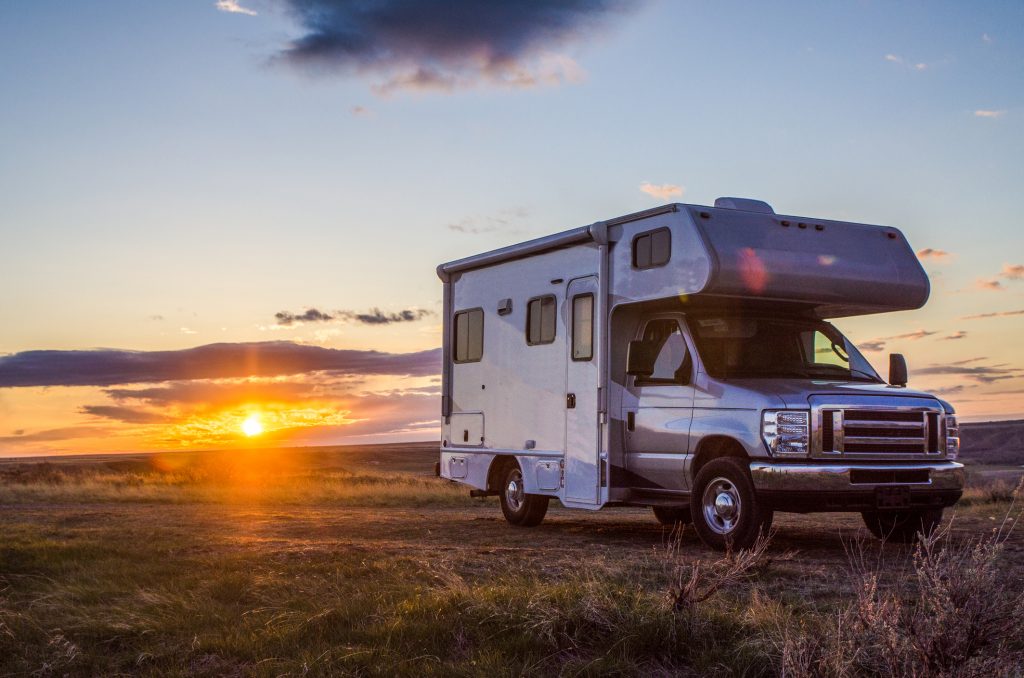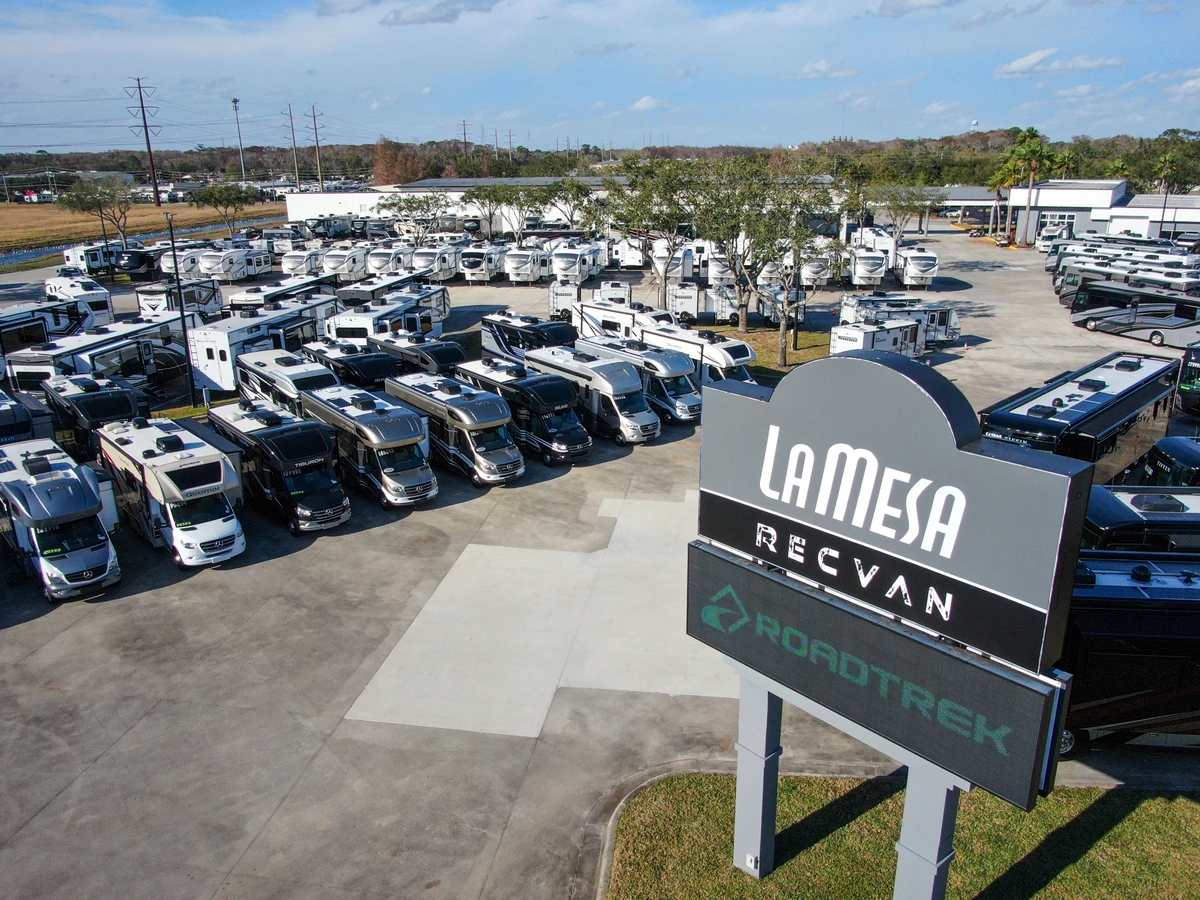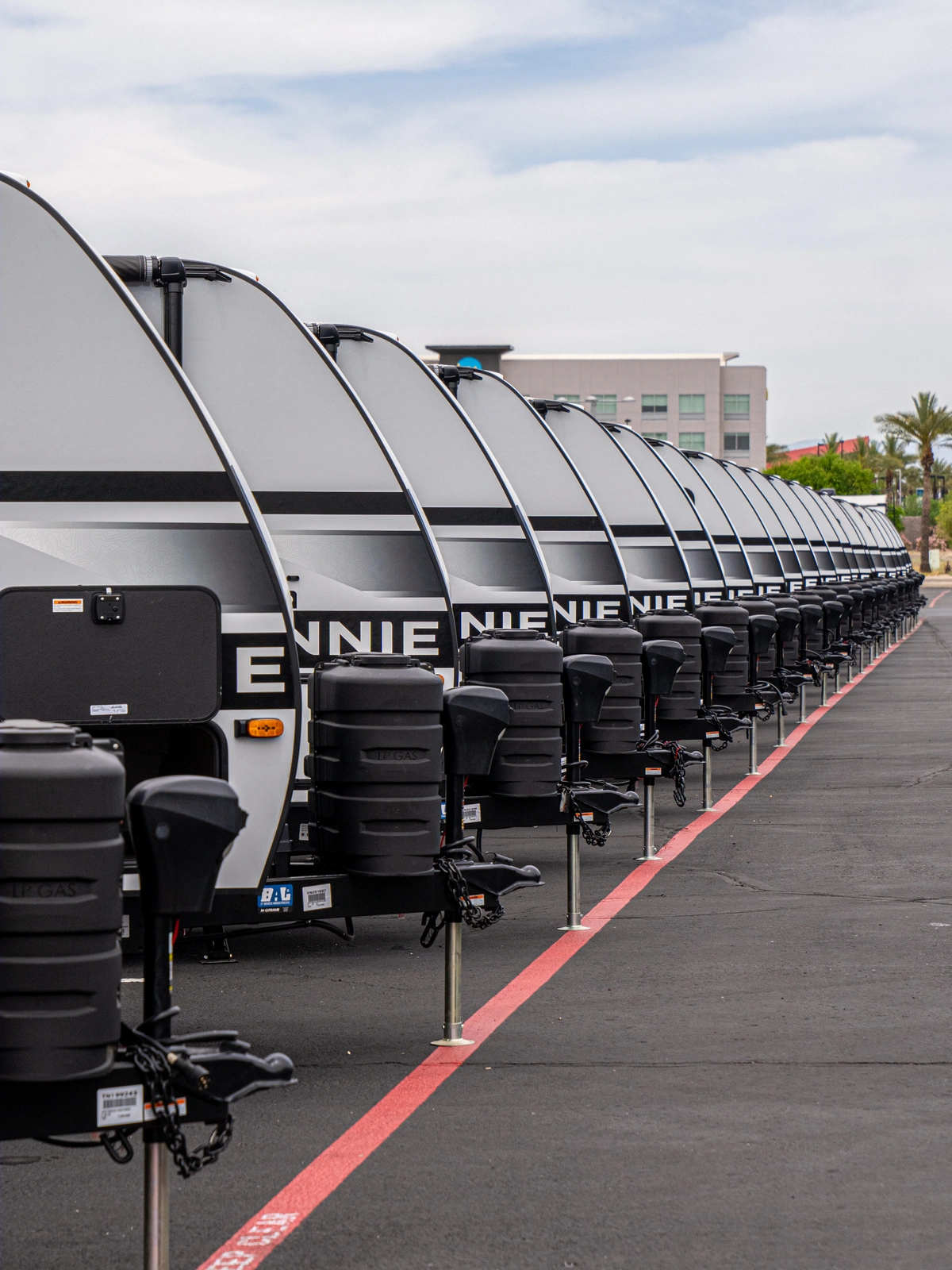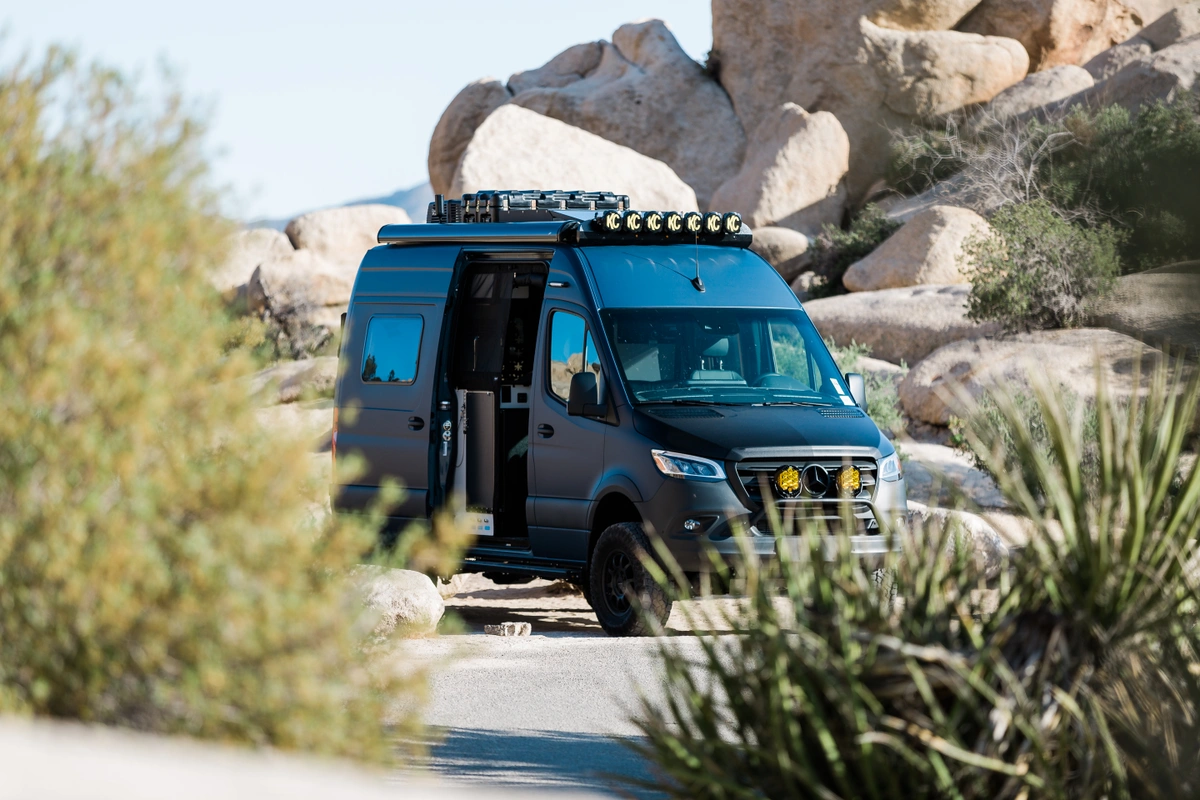One of the great things about RV travel is going to new and interesting places. Lately, though, some of you may be rethinking your travel plans because of rising gas prices. Fuel can be one of the biggest RV expenses, especially for those who have a large motorhome. Fortunately, you don't have to scrap your plans for summer adventures. Instead, use these tips to help you save gas...and money!
Before you plan your next getaway, think about the things you can do to reduce your RVs fuel consumption and/or increase its fuel efficiency. Many of them are simple changes that can make a big difference. Just about everyone will find a few items that they can try including maintaining your RV, planning the best route, joining gas card programs, and modifying your driving habits. Don't let gas prices keep you from your summer fun this year. By following these simple strategies, you can save fuel and help ease your pain at the pump.
Guest Post by Robin Buck
Maintain Your RV
Properly taking care of your RV has many benefits such as maintaining its value, ensuring a safer ride for your family, and even reducing gas costs. Things like dirty or clogged air filters can make your engine work harder and have a big impact on fuel efficiency. When you are preparing for a trip, you should check over all of your systems for proper operation.
An especially important item to check is your RV tire pressure. Make sure to always follow your manufacturer's recommendations for inflation. We check tire pressure both before a trip and periodically while we are traveling as shifts in temperature or elevation can require readjustment. Underinflated tires put more surface area on the road causing more friction which reduces your fuel efficiency and leads to spending more money at the pump. Using a tire pressure monitoring system is really helpful to track tire pressure while carrying a small air compressor will allow you to add air easily if needed.
Along with maintaining correct tire pressure, lightening and balancing the load you are carrying around in your RV will help your vehicle to be more fuel efficient. You definitely want to pay attention to the gross vehicle weight limits when you are packing up. Some ways to lighten your load are to carry only the fresh water you will need and empty your waste tanks regularly since each gallon of water is 8 pounds of extra weight. Also pack only what you need or actually use on each trip--for example, do you really need that whole toolbox or just a few essential items? Finally, move any heavy items to balance out the weight on all the wheels so the tires wear evenly and the RV drives better and is more fuel efficient overall.
Planning The Best Route
If you are like me, you want to find a travel route that gets you to your location with the least amount of wasted time. We look at road conditions so that we won't be sitting in stop and go traffic or stuck in traffic jams. Anytime you start or stop a lot while driving uses up more gas than cruising at a steady speed. The biggest key is planning your travel times (and days) to avoid rush hour and traffic congestion which will not only save you time but also money in gas costs.
When we are planning our route, we also look at gas prices in different areas. When we visited the redwoods in northern California, we fueled up our RV before we entered the state because we knew prices were higher there. Certain states and large cities often have higher fuel prices. If you can, planning ahead will allow you to fuel where it is better economically.
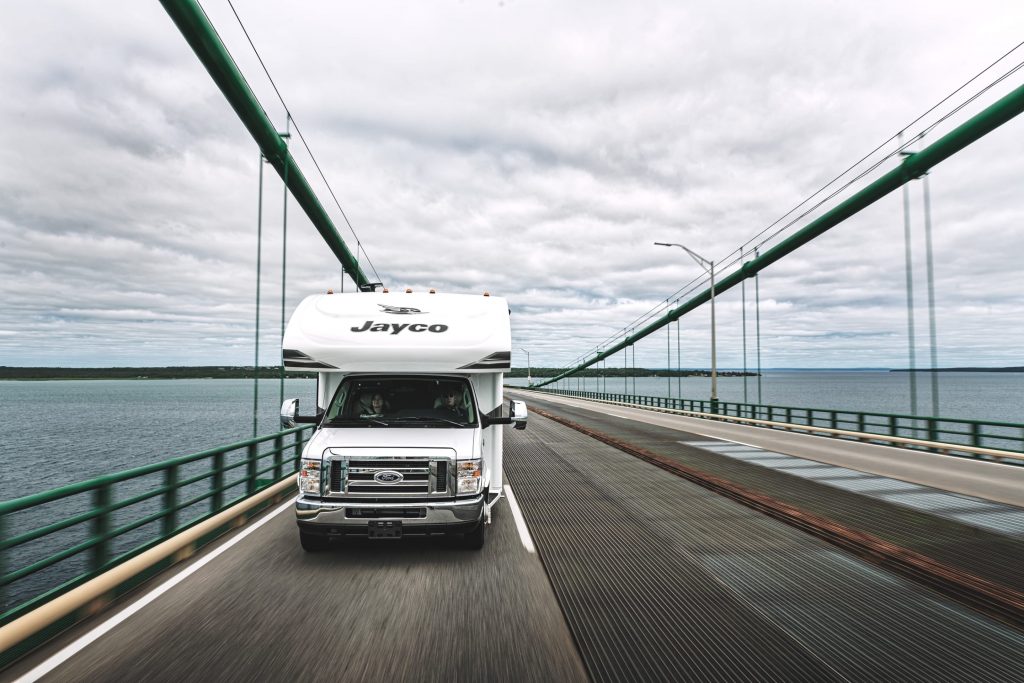
Use Apps Or Gas Card Programs
So how do we find where gas prices are lower when we want to fill up our tank? One app we really like and depend on is called Gas Buddy. Using the app allows us to search an area and find the least expensive gas prices. Being able to see all of the latest gas prices before we get to a location helps us to pick the right station and save a few dollars at the pump. Using this app will make deciding where to get off for a gas stop easier, especially if you are traveling in an unfamiliar area.
Cash purchases are one way to save money at the pump. Another good way to save on fuel is to sign up for gas station loyalty membership. Using our Good Sam card has helped us to cut back on gas costs. For a small annual fee, the card gives us a discount of up to 8 cents per gallon when we fuel up at particular stations like Flying J or Pilot truck stops.
However, our greatest fuel savings have come from using our EFS card. Originally designed for truckers, this program now accepts RVers and can be used at over 12,000 truck stops nationwide. We find it easier to use truck stops where we have more room to maneuver and higher clearances for our motorhome. The EFS card saves us money on each gallon of diesel we purchase. There is no cost to join and no annual membership fee for this great program.
Modify Your Driving Habits
Perhaps one of the easiest things you can do to help cut down on fuel usage is to adjust your driving habits. The first way to do that is to slow down your traveling speed and drive at or under the speed limit. The most efficient speed can vary among RVs, but we have found that 63-65 mph gets us the best gas mileage and gives a more comfortable ride. That said, you also want to maintain your speed to increase fuel efficiency. On the highway using cruise control (when it is safe to do so) will help you to drive at a constant speed and give you the best mileage.
When possible, limiting air conditioner use while driving can increase fuel efficiency. Driving in the early morning or evening hours when it is cooler will allow you to keep AC use to a minimum. Also, if you are stationary, try to avoid idling your RV more than necessary as this also uses up additional fuel. If you are going to be stopped for more than a few minutes, it is usually better to shut off the engine and restart it than to idle.
Finally, it might seem obvious but one option to save gas is to drive less. You can do this by not traveling as far from home. Many times, people have not fully explored destinations within their home area or state that can still provide lots of fun. Or you might travel farther but stay more time in an area. Instead of spending 3 days you could stay a week, giving you more time to appreciate and explore a new destination.
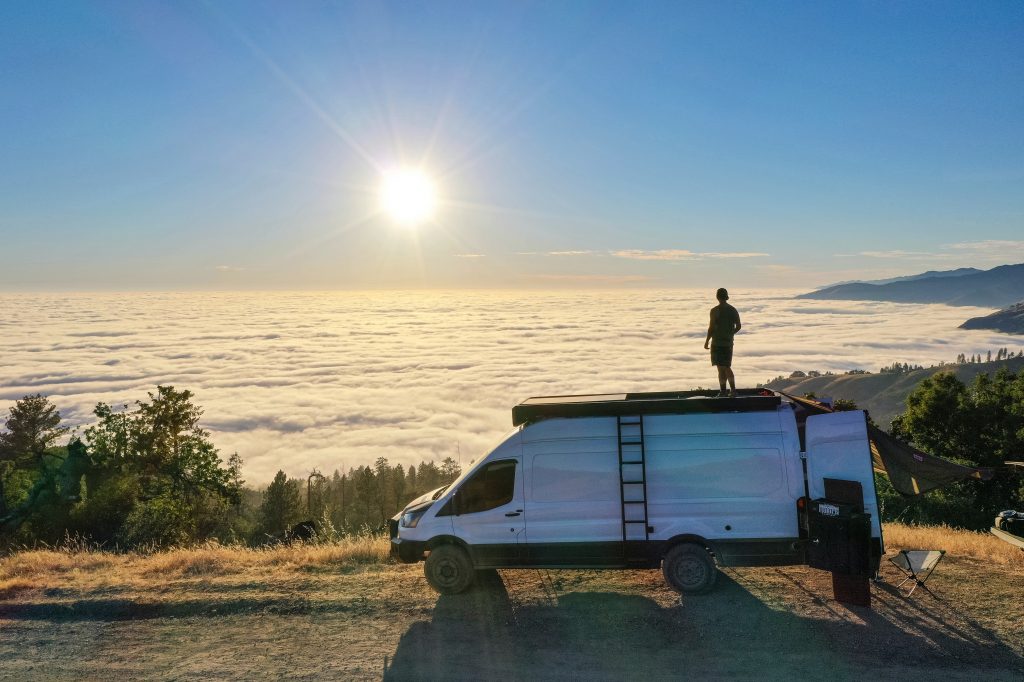
Enjoy Your Travels
There are definitely things you can do to help offset your fuel costs on your upcoming adventures. Taking time to make sure your RV is in good shape before you travel, planning the best route, using gas apps or discount cards, and modifying your driving habits will go a long way towards decreasing your RVs fuel consumption and increasing its efficiency. Hopefully these tips will help you enjoy your summer travels while maximizing your savings on gas.
Robin and her husband, Mike, are Air Force veterans and empty nesters who travel full-time in their Entegra Anthem motorhome. Always ready to explore, they love nature and wildlife, meeting new friends, and discovering America's many hidden gems. Robin chronicles their adventures and experiences on her travel blog RVing with Robin.
